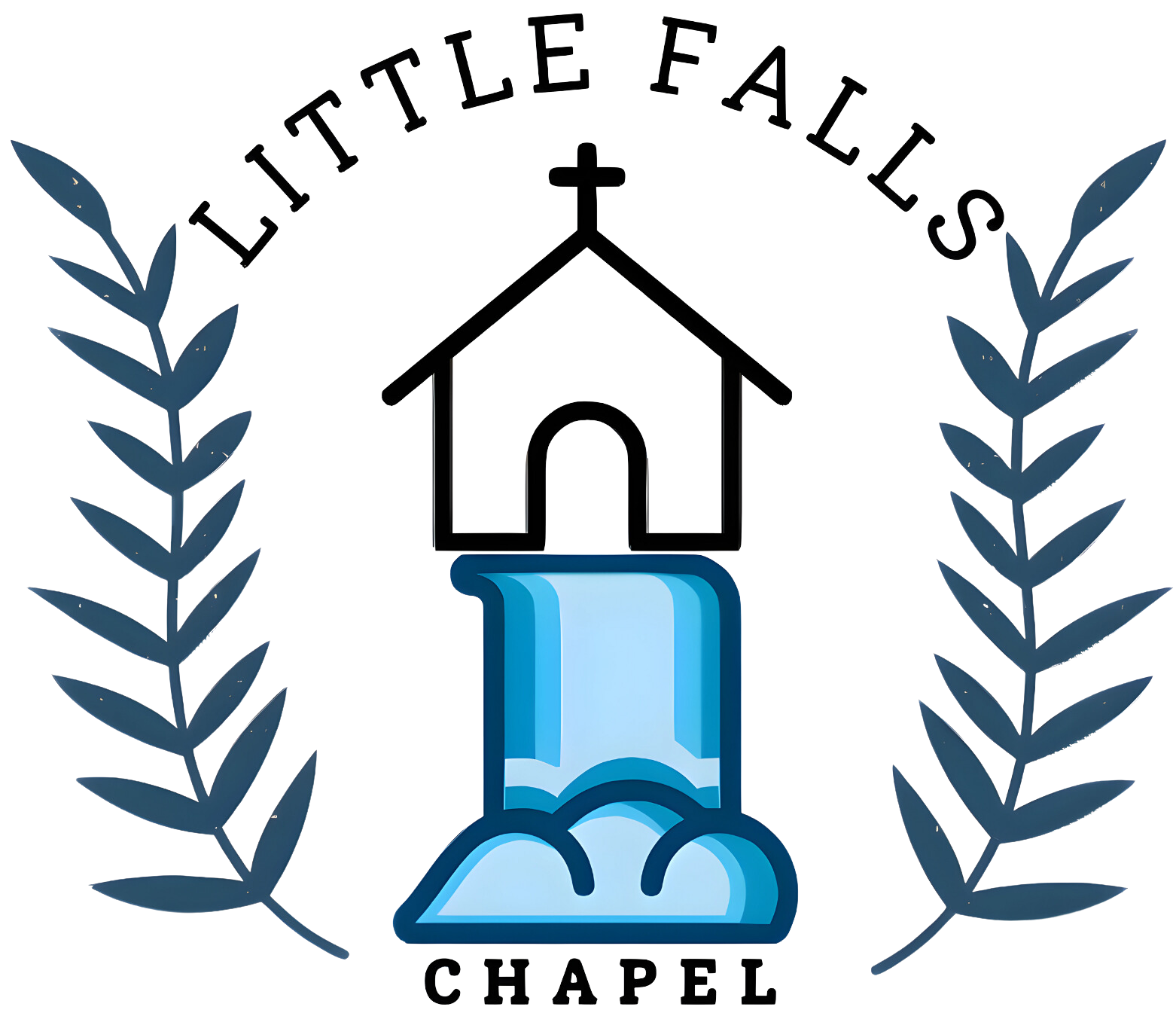The question, “Why doesn’t God save everyone?” is a joint and profound inquiry that has perplexed believers and skeptics alike. It arises from genuine concern, theological curiosity, or even doubt about God’s character. However, to fully understand this question, we must delve into the complexities of God’s nature, human free will, and the biblical understanding of salvation.
The Misguided Question:
The question itself may be misguided. It presupposes that everyone deserves salvation and ignores the pervasive reality of human sinfulness. As the Bible declares, “All have sinned and fallen short of the glory of God” (Romans 3:23). Due to the fall of Adam and Eve, we are all born with a sinful nature, inherently inclined toward rebellion against God (Romans 5:12). This understanding shifts the question from “Why doesn’t God save everyone?” to “Why would God save anyone?”
The Paradox of God’s Will:
The Bible reveals that God’s will is not a single, monolithic concept. It is multifaceted, encompassing His revealed desires for humanity and His hidden, sovereign plan.
- God’s Desire for All to Be Saved: Scripture clearly expresses God’s desire for all to come to repentance and be saved (1 Timothy 2:4). He takes no pleasure in the death of the wicked but desires that they turn from their ways and live (Ezekiel 33:11).
- God’s Sovereign Will: However, the Bible also teaches that God is sovereign, meaning He ultimately determines who will be saved (Romans 9:15-16). This doesn’t negate His love or desire for all to be saved, but it acknowledges that His purposes are higher than ours.
This seeming contradiction can be understood through the concepts of God’s “will of command” (His revealed desires) and His “will of decree” (His ultimate plan). While we may not fully comprehend the intricacies of God’s will, we can trust that He is both loving and just in all He does.
The Gift of Free Will:
A crucial aspect of God’s creation of humanity is the gift of free will. We are not robots programmed to obey; we are beings capable of making good and evil choices. This freedom is essential to our being made in God’s image (Genesis 1:27). However, it also means that we are responsible for the consequences of our choices.
God’s love for us is so profound that He allows us the freedom to reject Him, even though it grieves Him. As C.S. Lewis wrote, “There are only two kinds of people in the end: those who say to God, ‘Thy will be done,’ and those to whom God says, in the end, ‘Thy will be done'” (The Great Divorce).
The Necessity of Faith:
Salvation is not a universal entitlement; it is a gift freely offered by God through the sacrifice of Jesus Christ. “For God so loved the world, that he gave his only Son, that whoever believes in him should not perish but have eternal life” (John 3:16). The Bible emphasizes that salvation comes through faith in Christ alone (Ephesians 2:8-9).
This means that while God desires all to be saved, He requires our response. We must choose to believe in Jesus and accept His gift of salvation. Those who reject this gift ultimately decide their own destiny, even if it leads to eternal separation from God.
The Ultimate Answer:
The question of why God doesn’t save everyone cannot be fully answered from our limited human perspective. However, the Bible provides a framework for understanding God’s love, justice, and sovereignty. While we may not grasp all the intricacies of His plan, we can trust that He is working all things for His good purposes (Romans 8:28).
Ultimately, the answer to why God doesn’t save everyone lies in the mystery of His will and the freedom He has given us to choose our own path. Our responsibility is to respond to His offer of salvation through faith in Jesus Christ and to trust that He is just and loving in all His ways.
Sources
- en.wikipedia.org/wiki/Criticism_of_Christianity
- hemustbecomegreater.com/2023/04/08/this-easter-become-conversant-with-the-worlds-largest-most-diverse-religion/
